Californians scramble for fresh water as taps, wells run dry
Californians are scrambling for fresh water as taps and wells run dry amid the severe drought across the West that is causing many problems.
In the San Joaquin Valley in California, drought is threatening the drinking supply for thousands of rural residents, as well as the livelihoods for the farmers, according to a report by the Public Broadcasting Service (PBS).
Jaime Rivera, a Madera resident, says his well has run dry. “It hasn't worked for three weeks. And, really, it hasn't worked for the last two years,” he told PBS.
Also, many people living in rural areas are not able to connect to their local municipal water systems as they are too expensive or too far away, therefore, they have to rely on their own private wells for water.
Drought is badly affecting farmers in California where agriculture is an over $50 billion industry, using roughly half the state's total water supply.
“This is a region that has evolved with water scarcity. So, growers have moved more and more into crops that generate more dollars per gallon of water used, and that means, in that region, more tree crops, like almonds especially, but also vines and fruits. But it puts them in between a rock and a hard place when you get into a really bad drought,” Ellen Hanak, who heads the Water Policy Center at the Public Policy Institute of California, told PBS.
Meanwhile, underground water resources are being threatened as the number of wells dug to pull water out of the ground has increased due to the drought which resulted in canals drying up.
To control this threat and restrict groundwater use, the state passed a law in 2014. Although it hasn't gone fully into effect, farmers are worried with some estimates showing the law could put a million acres of farmland out of production.
John Guthrie's family, who has been farming and ranching in this area for 150 years, says some farmers are getting out given the drought and the looming water restrictions.
“It's sure sad. They just don't think they have enough water to farm what they have right now. It's just a real tumultuous time right now,” said Guthrie told the new broadcaster.
He said that one solution is to “raise dams, build new dams, fix the infrastructure, the existing canals.”
Another issue facing Californian farmers is that the groundwater is being taxed in areas that have a lot of agriculture.
Cristobal Chavez, a resident of Porterville, paid $20,000 to dig his well deeper after it had gone dry for six months in 2014 only to find contaminated water.
Tests showed that his well had four times the safe limit of nitrates, a potentially hazardous chemical found in fertilizers and manure.
“That's the problem, because nobody tells you. We were drinking the water for 11 years without noticing that the water is contaminated,” said Chavez.
He says instead of using that water, he needs to buy expensive water from stores.
The drought across the Western US is already causing long-term problems, aggravated by the warming atmosphere driven by climate change.
US hostage-taking of Iranian nationals violation of intl. law: Deputy FM
VIDEO | Carol Singers for Palestine on London’s Parliament Square
American warplane downed after Yemeni attacks 'baffled' US air defense: Ansarullah
VIDEO | Yemenis praise the military for its successful operations against Israel
VIDEO | Israel continues to bomb Gaza homes
VIDEO | An insider's view of the country: Meybod City in Yazd
‘All wars have rules. All of those rules have been broken’ by Israel
VIDEO | Report flags India’s violation of rights of Rohingya detainees


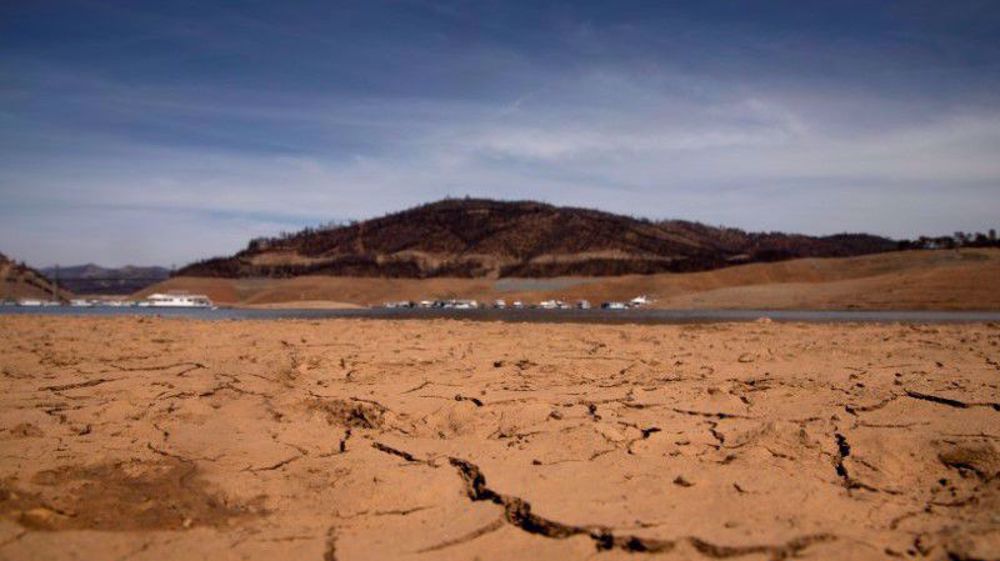
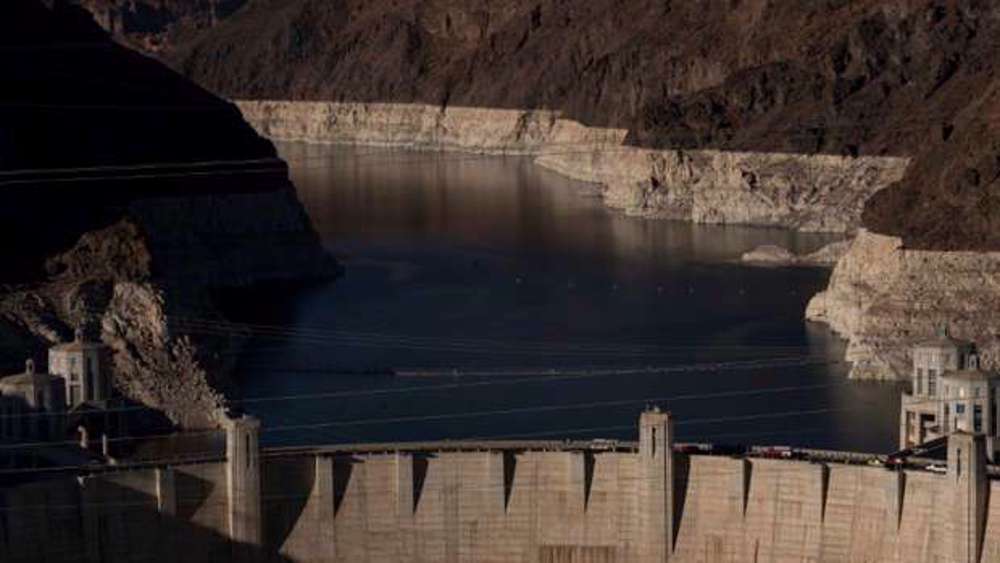
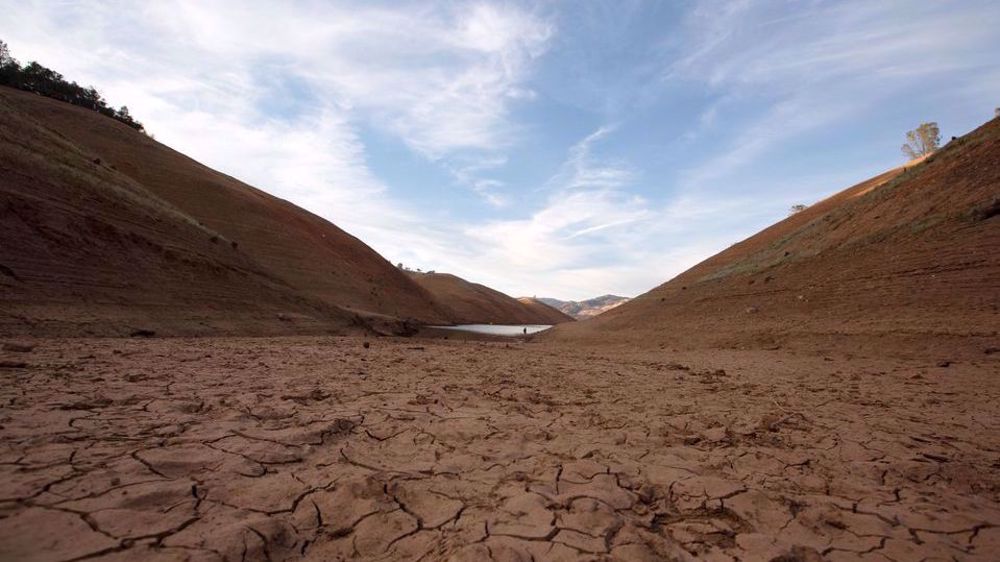


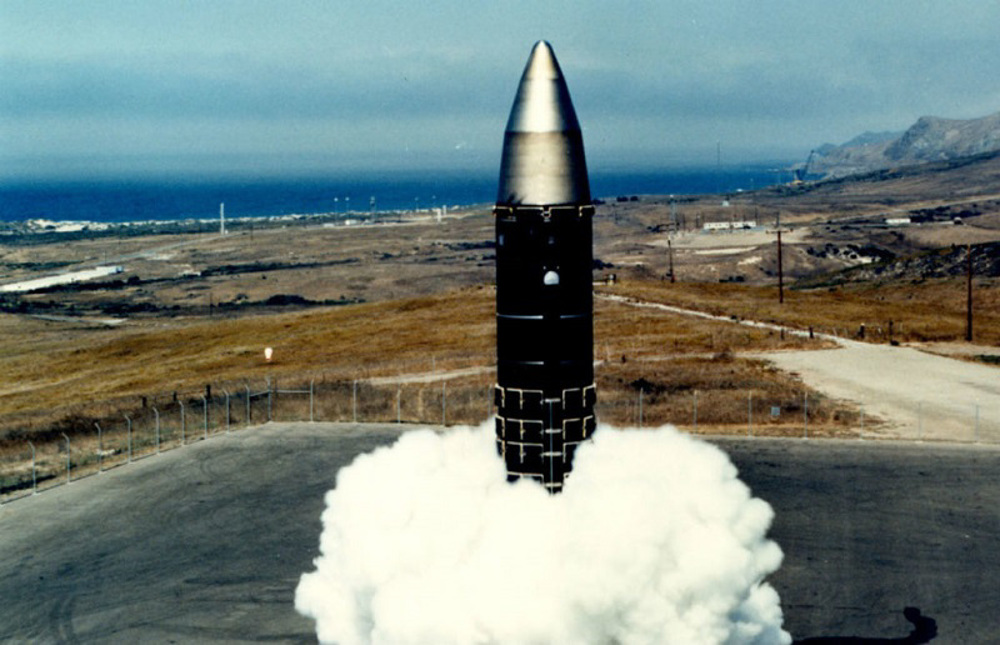



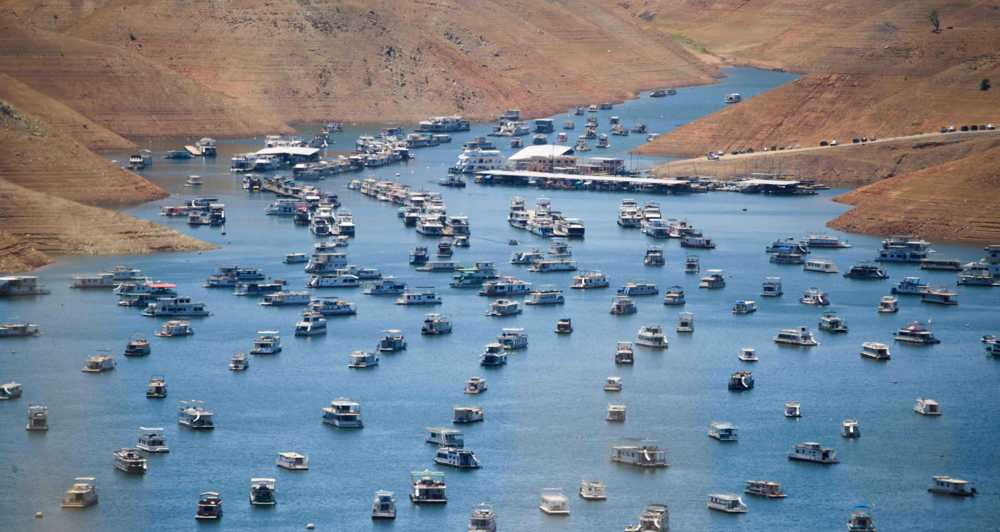
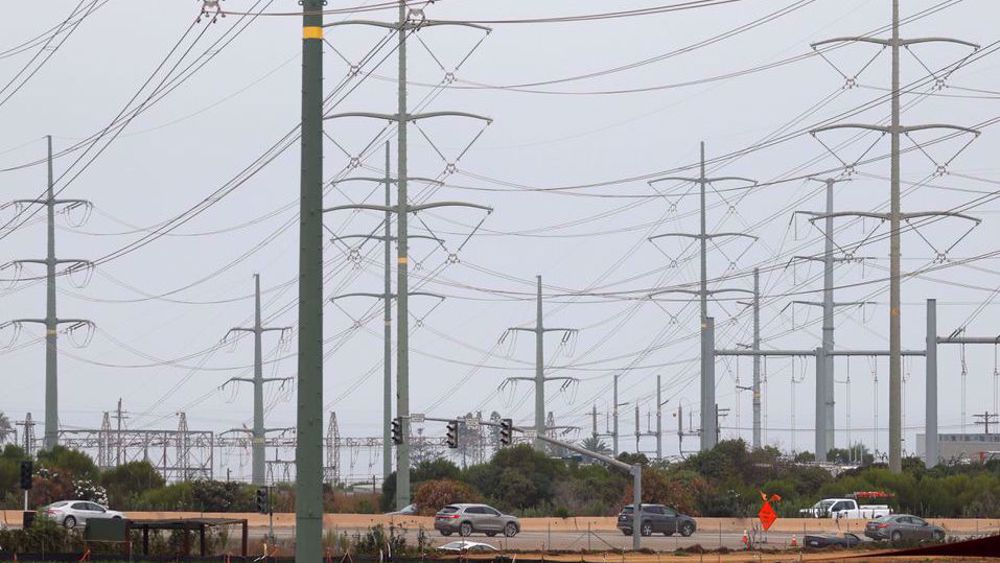

 This makes it easy to access the Press TV website
This makes it easy to access the Press TV website